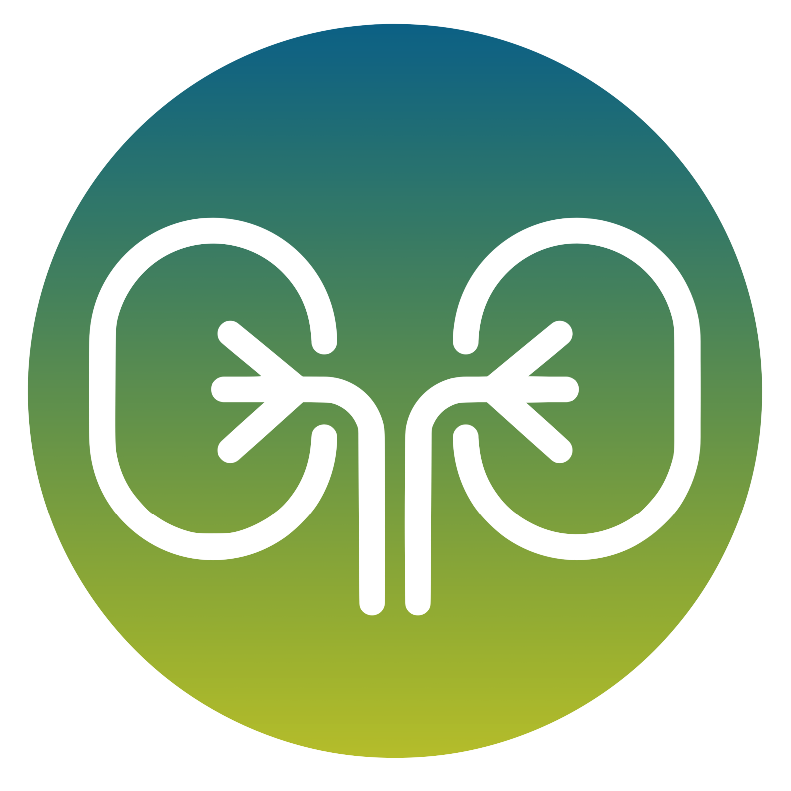Glycosylation disorders Code R-137
- Description
- Number Genes
- Prevalence
- Indications and clinical utility
- Test performed and limitations
- Other Specialities
Glycosylation disorders (DG) are a series of rare genetic disorders characterised by defects in the process of glycosylation, an important post-translational modification of proteins. These disorders can lead to a wide range of symptoms and clinical manifestations, which can include neurological problems, developmental abnormalities, immune disorders, congenital malformations and gastrointestinal problems.
161 genes
Not known
Multi-gene panel for the molecular diagnosis of glycosylation disorders.
Method: NGS sequencing, determination of SNVs (Single Nucleotide Variants), small insertions and deletions and CNVs (Copy Number Variants).
Limits: The test is unable to determine the presence of underrepresented somatic events, balanced chromosomal rearrangements, nucleotide expansion events of repeat regions, CNVs <3 contiguous exons. <3 esoni contigui.
Some genes may have low coverage areas, where necessary or upon specific request, within the limits of methodological limitations, sequencing can be completed with alternative methods (Sanger).
Some genes may be duplicated in the genome (pseudogenes), which may invalidate the analysis.














